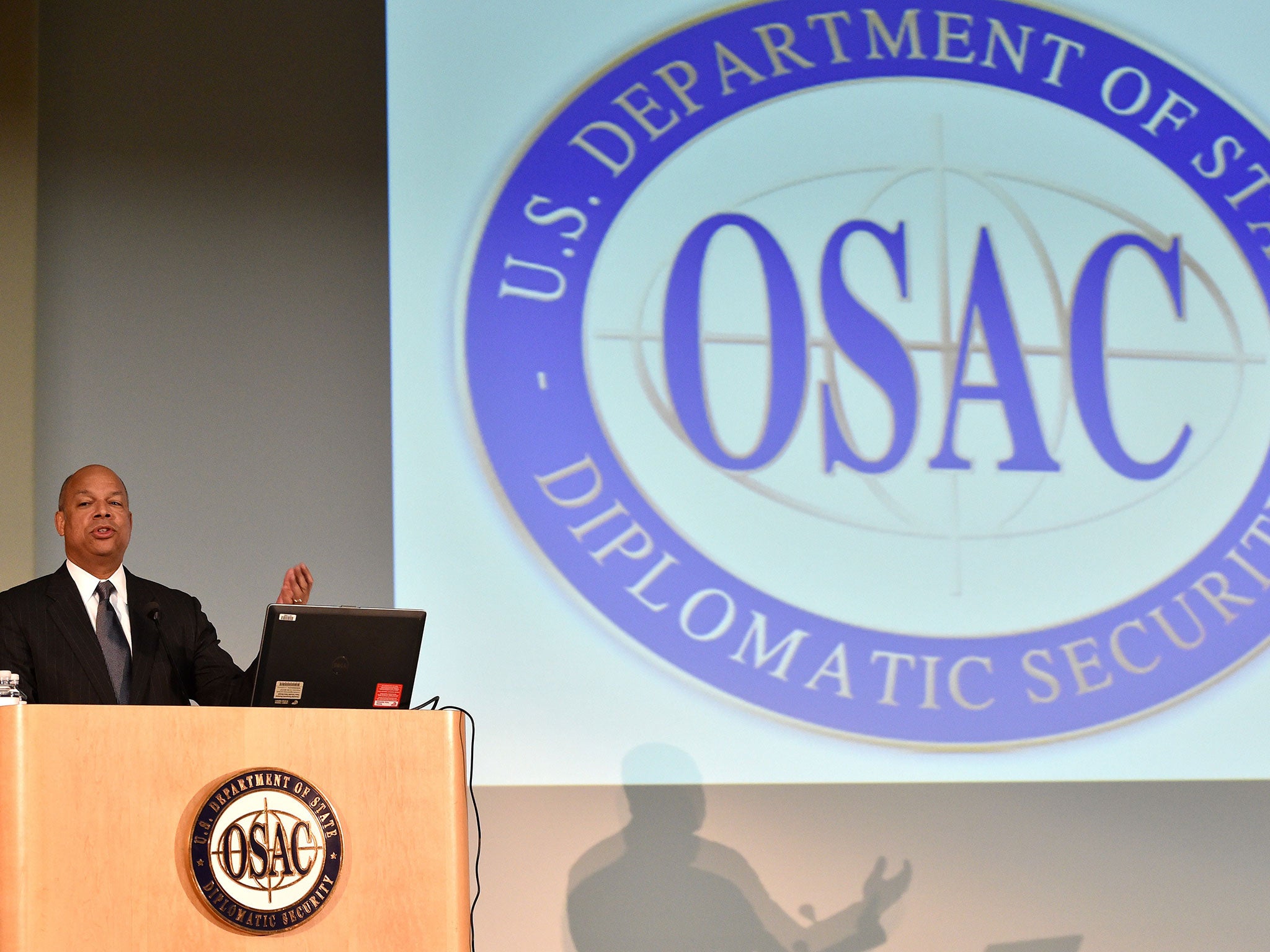OSAC: What UK travellers can learn from American embassies
OSAC leads in offering detailed, timely alerts and warnings to would-be travellers going abroad

Every 10 minutes, on average, the drug scopolamine is administered to an unwitting victim in Colombia, rendering them “impaired or unconscious for 24-plus hours”, with the risk of brain damage or death when ingested in larger doses.
“Many incidents occur in nightclubs or bars, where men perceived to be wealthy are targeted by young, attractive women.”
That information is readily available for any traveller who knows where to look: the bulletin board of the US Overseas Security Advisory Council (OSAC).
Other alerts issued by OSAC in the past few days include a warning of a surge in attacks on Western motorists in Angola, together with some lessons on defensive driving. “Keep music off or at a reasonable level and maintain awareness of your environment beyond what is immediately in front of you,” is just one line of the detailed instructions for staying safe.
Closer to home, and south of the US border, travellers are warned of the possible consequences of falling ill in the popular Mexican resort of Los Cabos. OSAC warns that private hospitals in the resort have “obstructed needed medical evacuations, [given] monetary incentives to ambulances for delivering patients to specific facilities, and held patients at hospitals against their will pending payment”.
Lonely Planet's best countries to visit in 2016
Show all 10The inside information and degree of detail provided in OSAC alerts is richer than the travel advice offered by the authorities of other Western countries.
Indeed, where Washington DC leads, many other governments follow. Last week, the US mission in Stockholm issued a specific warning about the risk of an imminent attack, saying: “Police are actively investigating a potential terror threat against Sweden.” The warning was picked up and re-published by the foreign ministries of several Western countries, but not by the Foreign Office. Its travel advice for Sweden was last updated two months ago, and states: “There is a general threat from terrorism. Attacks could be indiscriminate, including in places visited by foreigners.”
A leading guidebook publisher has commended the approach taken by the US authorities. Hilary Bradt, founder of Bradt Travel Guides, describing the warnings as “highly specific in both time and place, when violence is likely or tourists may become victims of targeted assaults or corruption”.
In contrast, she said the Foreign Office “gives too many warnings” and says they are insufficiently nuanced.
“The warnings are often of a ‘blanket’ nature, warning travellers off a large area of a country in response to an incident, and then being very slow to lift the warning, thus frightening tourists away from developing countries that need them.
“If the Foreign Office put out more useful, specific warnings, more travellers would probably take heed of their advice. At present I doubt if many do.”
The Foreign Office said: “We want to reduce the number of preventable incidents and help minimise the risk to British people overseas. We will give clear and appropriate information, and work with foreign governments and other partners where appropriate.” For Colombia, its current travel advice also warns of criminals using scopolamine, with the drug administered through food, drink, cigarettes, aerosols or even paper flyers.
The Foreign Office has been conducting a consultation on how to improve its consular advice. The travel desk of The Independent urged the introduction of a “risk index” for each country, calculated from data such as the rate of road deaths, drownings and serious diseases, as well as the existing terrorism assessment. The Independent believes this would help travellers to make more rational decisions about where – and how – to travel.
The latest OSAC warnings are available at bit.ly/USintel
Subscribe to Independent Premium to bookmark this article
Want to bookmark your favourite articles and stories to read or reference later? Start your Independent Premium subscription today.

Join our commenting forum
Join thought-provoking conversations, follow other Independent readers and see their replies